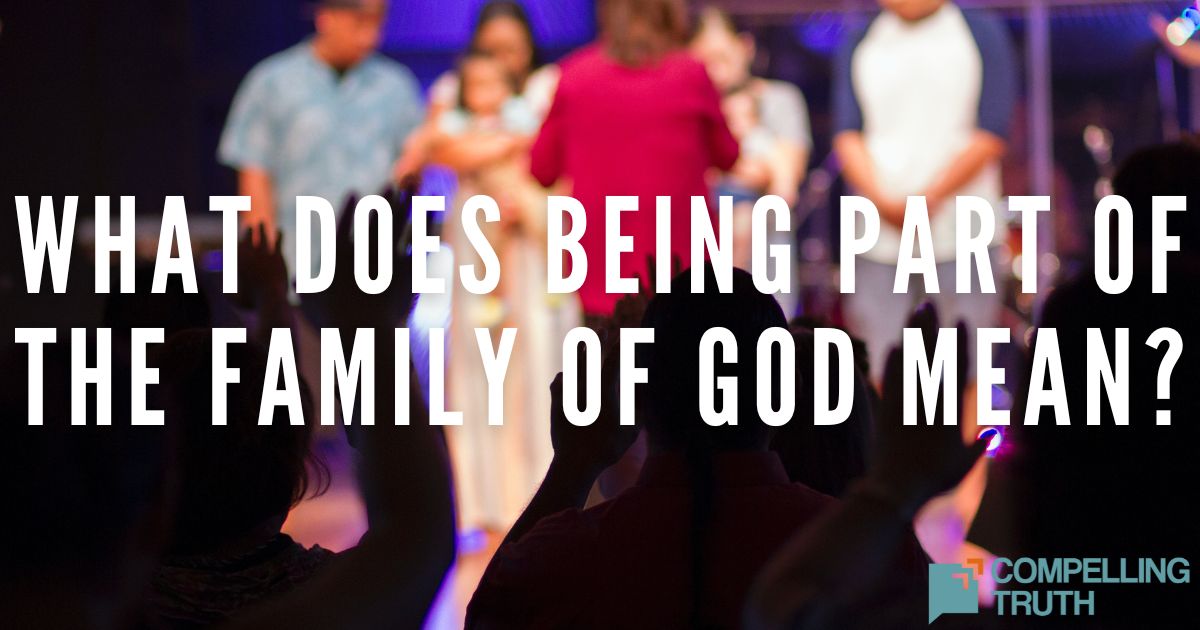what does the bible say?
Adoption is a process that makes one a legal son or daughter in a family they were not born into. The metaphor of adoption is used to give a picture of how we become sons and daughters of God through the sacrifice of Jesus. God sent Jesus to earth so we would become His sons and daughters through adoption. God’s gift of adoption involves an instant transformation of identity that we step into at the moment of salvation. Since in ancient Jewish society adoption was not a normal part of the culture, Jesus used the more common Jewish idea of being spiritually born again when speaking with Nicodemus, but the concept of spiritual adoption was still in effect. Amazingly, because of Jesus’ sacrifice, we are able to become sons and daughters of God. As His children, we become co-heirs with Christ, which means we share in His pain, His glory, and are grafted into His forever family. Our adoption is also permanent. Once our identity transforms, the Holy Spirit starts to live in us and even reminds us of who we are in Christ throughout our Christian walk.




